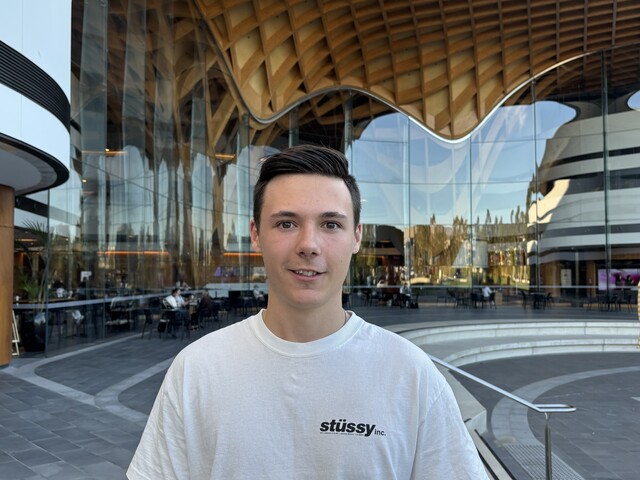
By Ethan Benedicto
A recent report from Monash University revealed that the upcoming 2025 Federal Election has Millennial and Gen Z voters outnumbering Boomers and Gen Xers for the first time.
Published by the university’s Centre for Youth Policy and Education Practice (CYPEP), it revealed that younger voters have housing and employment at the forefront of their minds.
This is closely followed by climate change, inequality and health when casting their votes.
CYPEP director and Monash School of Education, Culture and Society, Professor Lucas Walsh, said that these findings could help decide the electoral future of many hopeful federal election candidates.
“This election is the first where Gen Z and Millennials will make up the majority of voters in every Australian state and territory,” he said.
“This is a critical moment in time because such a significant change in the electoral demographic brings with it a shift in the issues we see deciding elections.”
With ‘Five top issues for young voters in the 2025 Federal Election: Insights from the Australian Youth Barometer’ showing that three in four voters aged under 24 want immediate action on affordable housing, 16-year-old Austin Borutta from Berwick could not agree more.
When asked if more youthful voices being heard during the election season is beneficial, Austin said “absolutely”.
“I think that youth councils, whether it’s something that I’m part of or other young voters out there, they get a bit more say in politics now because they’ve reached that age where they can contribute.
“We can start to see that young people are going out and being politically active and getting involved in events, or just trying to make themselves heard.
“Especially with that youth voice because it’s such an important thing, and I think it’s getting to the point now where we have that platform, and we can kind of have that say,” he said.
As one of the leaders of Casey’s Youth Action Committee, Austin has a fair share of experience when it comes to developing and leading projects that are deemed critical to Casey’s youth, as well as constantly collaborating with like-minded peers.
“The reason I joined the committee is for teen mental health, and it’s the biggest thing that I want to contribute to,” Austin said.
“And of course there are other things that have really impacted me, such as safety and yes, housing, because have you seen the cost of housing? It’s actually worrying.
“I’ve spoken to friends and family, and it’s more common for these houses to be in the millions – and of course, there’s uni debt that I and others would have to worry about.”
In Monash’s report, it was detailed that 31 per cent thought that it was likely, or extremely likely, that they would be able to afford a comfortable place to live in the next 12 months.
While thinking of the future, 60 per cent said that they felt it was likely or very likely for them to live in a comfortable home, but slightly less than half – 48 per cent – thought it very likely that they would be able to purchase a property or home to begin with.
Likewise, 39 per cent thought that there wasn’t enough government support for housing.
“I think there are more younger people who are motivated by their circumstances, whether they’re seeing those problems in the community, or mental health,” Austin said.
“They see people suffering from that, and they also see that when you go to Cole’s and whatnot, and try to get a Big M, it’ll be six bucks upwards.
“And just to see some of the prices – there’s no change for a $50 any more, you know?
“So I think that impacts people to go out and be a part of something, whether that’s voting or getting involved in events that directly affect them, and just to be that voice.”
While still in high school, Austin has his sights set on studying law for higher education and, combined with his time at the committee, is dedicated to making an impact.
Professor Walsh said that the next generation of voters has grown up in a more tumultuous and dynamic political environment as compared to previous generations, therefore resulting in different expectations for their elected representatives.
“Young people today are not the same rusted-on, partisan voters their parents and grandparents have been, so the proposition from politicians must be different,” he said.
“Politicians beware: Millennials and Gen Z voters will make their decisions on the issues they are seeing affecting their community, rather than the colour of the shirts the candidates are wearing.”
For Austin, leading the path to being that young voice on bigger platforms means “it’s important to start small”.
“It could just be, you know, being an upstanding person in your community, an upstanding person in your school, going for those leadership roles that places like the council offer – all those little decisions.
“Everything you do in the meantime, leading up to going for those (bigger) positions, whether in parliament or local council, can improve the community, so I think those small steps are important.”






